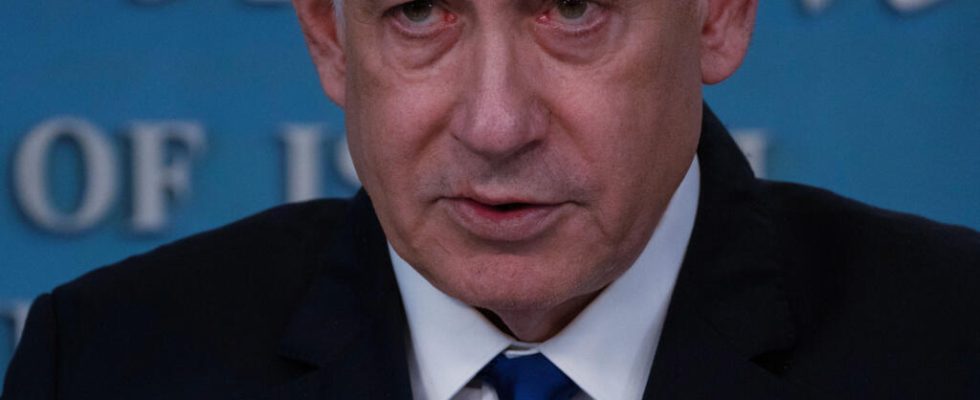Israel vows response to Iran’s massive and unprecedented attack, despite calls from many countries, including its American ally, to avoid escalation in a region already bereaved by the ongoing war in the Gaza Strip . The security cabinet is due to continue its debate on this Israeli response on Tuesday April 16.
3 mins
Israeli Chief of Staff General Herzi Halevi was clear. The army Israeli go ” respond to the launch of so many cruise missiles and drones on the territory of the State of Israel “, he said Monday evening, while visiting the Nevatim base, hit by a strike. The decision has been made, all Israeli leaders emphasize. It remains of course to know: where, when and how, reports our correspondent in Jerusalem, Michael Paul.
The Israeli government reportedly pledged to warn the United States before launching an attack. Israel emphasizes that it is not interested in provoking widespread conflict in the region. It is also indicated that messages were sent to neighboring countries who helped repel the Iranian drone and missile attack. This is to reassure them and tell them that the Israeli response will not affect them, according to Israel.
Israeli Prime Minister Benjamin Netanyahu earlier called on the international community to “ stay united ” in front of ” Iranian aggression, which threatens world peace », after this attack was foiled with the support of several of its allies, including Washington.
The war cabinet meets again today
The Israeli war cabinet, chaired by Benyamin Netanyahu, under great pressure to avoid an escalation, met on Sunday then Monday, without a decision being announced on the form that a response could take. It is due to meet again today to review the plans presented by the army and decide on the modalities of the Israeli response.
Benyamin Netanyahu is torn between the far right, which is pushing for a strong reaction, the more moderates within his government and his opposition, even if most believe that some form of response is necessary. Opposition leader Yair Lapid says Netanyahu’s government has become an existential threat to the country. Former head of government Ehud Barak hopes that Benyamin Netanyahu will not make new mistakes like those that have been accumulated since October 7.
International pressures also significant
Israel is also under international pressure. Since Sunday, the calls have multiplied to prevent a massive response which could further inflame the region, already “ on the edge of the precipice “, according to UN Secretary General Antonio Guterres.
After standing up with their allies against the Iranian attack, United States said they did not want of an extended war with Iran “, and warned that they would not participate in a reprisal operation. “ Together, with our partners, we defeated this attack » Iranian, affirmed American President Joe Biden, calling on Israel to avoid an escalation and instead try to work towards a “ ceasefire » in the Gaza Strip.
In addition to the United States, the United Kingdom and France have also distanced themselves. The head of British diplomacy, David Cameron, ruled out his country’s participation in a response and French President Emmanuel Macron, for his part, called for avoiding a ” conflagration » regional.
Read alsoIranian attack on Israel: the essential role of Switzerland between Washington and Tehran
